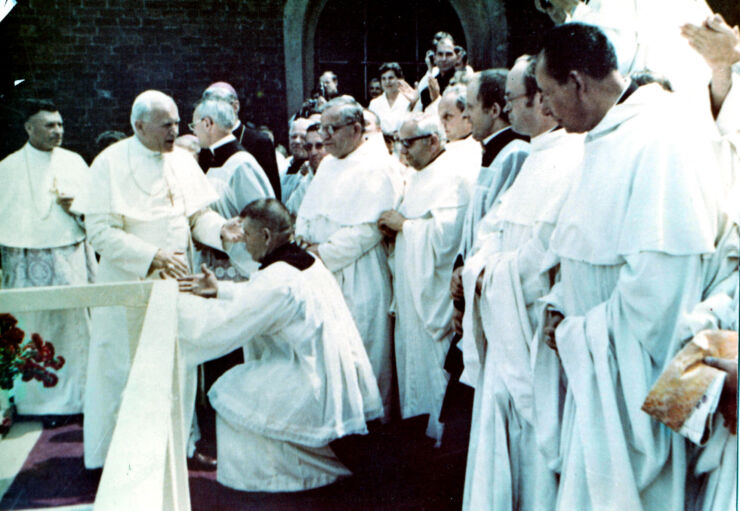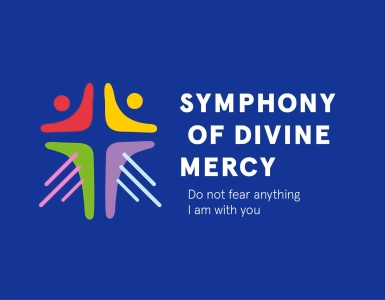In Częstochowa, there was immediately an increase in tension. The police was on guard, terrified by the mass presence of young people in particular. Despite the inflamed enthusiasm and the express intention of young people to turn the meeting into an anti-government manifestation, the Holy Father at the very beginning stopped all forms of opposition, although the slogan “You must watch!” was certainly not received only rhetorically. The next day, on Sunday, June 19, 1983, a Marian ceremony and the coronation of four paintings of Our Lady revered in various shrines took place. Countless crowds of the faithful, two million people, came to attend the Holy Mass. In his homily, the Holy Father openly said that Poland must be sovereign and sovereignty must be based on the freedom of its citizens. At the same time, several members of the Political Bureau came to Częstochowa. They were already deeply concerned about the words of the Holy Father, but the content of the evening ‘Appeal’ alarmed them even more. They had a conversation with Bishop Bronisław Dąbrowski, Secretary of the episcopate, and made it clear to him that the Pope had to change the content of the speech. Bishop Dąbrowski informed the Holy Father and then returned to the party members with a response. In response, the Pope declared that if in his own country, in his homeland, he is not allowed to say what he thinks and give prepared speeches; he has nothing left but to return to Rome! Seeing the steadfastness of John Paul II, they did not provide any answer. They returned to Warsaw and reported it. And, the Holy Father softened a little the text of “Appeal”, but only in tone, not in meaning or subject matter. He also asked for the courage to conduct social dialogue, and for that general Jaruzelski absolutely had no desire. The visit continued. In Poznań, the Pope for the first time uttered the word “solidarity”. In Katowice, he confirmed that workers have the right to establish free trade unions. In Wrocław, he said that all the good that was born of “Solidarity” had to be saved, and altar boys raised their albs and showed t-shirts with a red inscription, which was already known all over the world. On the evening of June 21, John Paul II arrived in Krakow, where instead of a Papa mobile, a closed car was waiting for him. He refused to ride in it and boarded a bus on which he traveled through the streets of the city. Upon arriving at the Archbishop’s Curia, he sat down at the table, but he quickly had to cancel his dinner to show up in the window and talk to the crowds of young people who came to greet him.
With the consent of Cardinal Stanisław Dziwisz – “Testimony”.
TBA marketing communication Publishing House. Warsaw 2007





